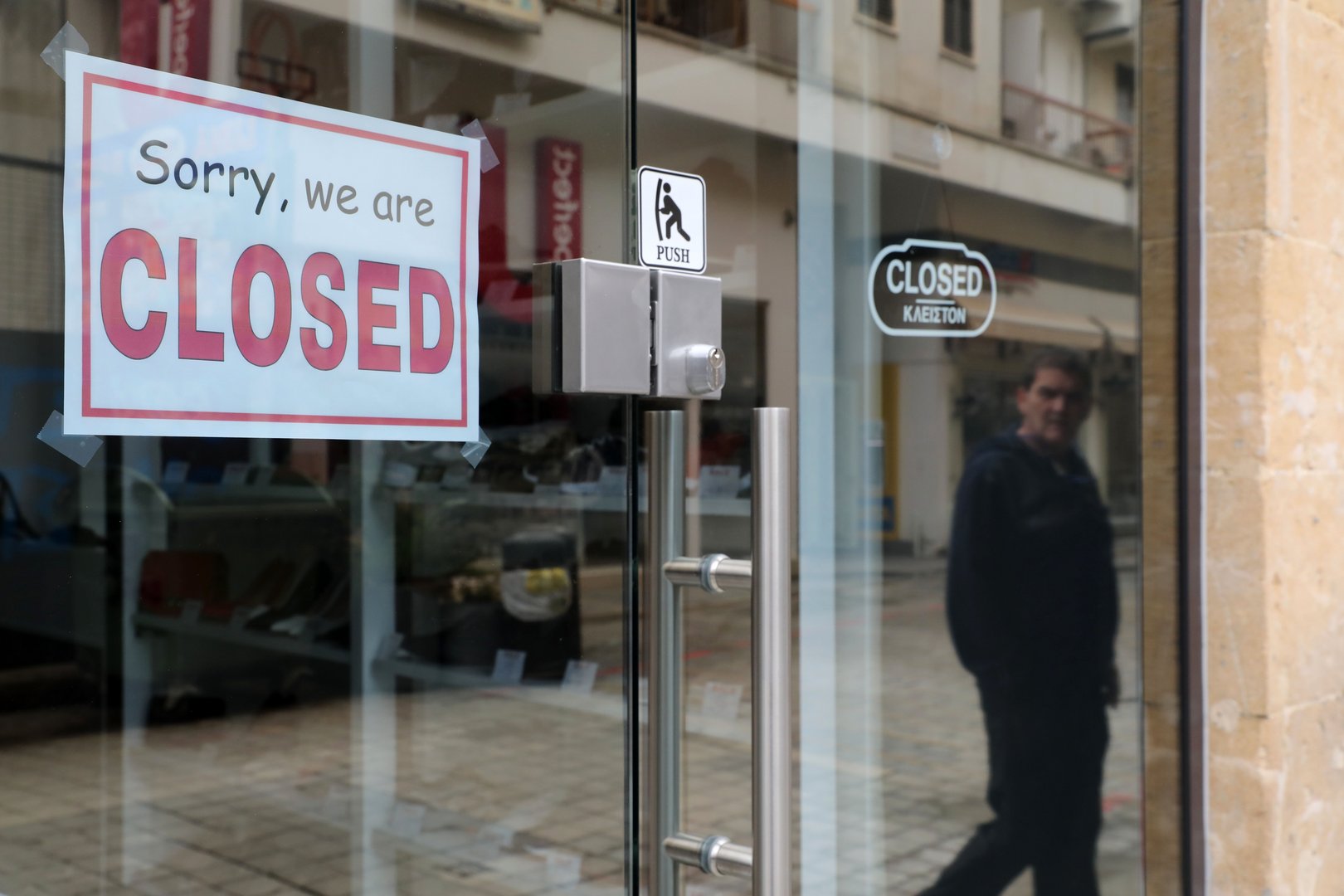When the health minister and the scientific advisory team submit their proposals at Monday’s presidential palace meeting about how to proceed after January 31, the date decrees on the lockdown and the drastic restrictions on movement are set to expire, they should resist the temptation to err on the side of ultra-caution as has been their tendency. They must also consider the social and economic consequences of extending the lockdown, as well as the extremely negative effects on children’s schooling.
As the epidemiologists, virologists, doctors and professors that make up the scientific team are not capable of evaluating such consequences of extending this lockdown, the government should set up an advisory team consisting of people qualified to do so – economists, psychologists and educationalists. The political decisions so far have been based primarily on the advice of the scientific team and on what measures the government of Greece had been taking, with little concern for the adverse effects on people, livelihoods and businesses.
After meeting the scientific team on Thursday, Health Minister Constantinos Ioannou said a technical committee made up of technocrats from the ministries of health, finance, education and labour would be established to work on the suggestions of the advisory committee on the de-escalation strategy. The objective was to reactivate the country smoothly and effectively, but judging by the minister’s language it will be a slow process, dictated by the epidemiologists.
This was confirmed on Friday when the ministry technocrats held a teleconference with the scientific team to discuss procedures for the re-opening. According to one press report, the scientific team made it clear that the epidemiological picture of Cyprus remained critical and procedures for the de-escalation of measures must take place at a slow and steady pace. This was an indicator of the type of ultra-cautious proposals that will be submitted to the government on Monday. Is the situation as critical as the scientists claim, considering daily cases have fallen to below 200?
The members of the cabinet do not all subscribe to the health minister’s ultra-cautious approach. Speaking on CyBC television on Thursday night, Finance Minister Constantinos Petrides took a different line. “From the start of the month (February) the economy must start operating much more seriously, because otherwise the consequences for the social fabric and the health of the people could be much worse,” he said. Contrast this with Ioannou’s qualified statement on the same day that “if the downward trend of the epidemiological indicators continues, we can expect a gradual de-escalation of the restrictive measures.”
How gradual will the de-escalation be? The longer we delay the reopening of the schools and restart of the economy the more lasting the effects will be – more jobs will be lost, more businesses will close down, more people will see their income and savings wiped out, more will suffer from mental health issues and a generation of children will have been deprived of the right to grow up and develop normally. And the public debt will keep rising (it is currently about 120 per cent of GDP) as the government keeps borrowing to prop up the economy. All these issues are ignored at present because everyone is obsessed with controlling the spread of Covid-19 for fear that the public health system will not be able to cope with a spike in the number of patients needing care.
It is all about the health system because the fatality rate of the virus is 0.6 per cent in Cyprus which has the second lowest deaths per 100,000 people among EU member states. By Friday evening infections stood at 29,758 while Covid-19 related deaths were 179. Significantly, according to EuroMOMO (European Mortality Monitoring), Cyprus has not shown excess deaths since the outbreak of the pandemic. The situation is in no way as dangerous as the epidemiologists and some politicians would have us believe and could have been more manageable if the authorities had increased the bed capacity of hospitals for Covid-19 patients a few months ago, rather than rushing to do this now and complaining that hospitals are at breaking point.
But this lack of foresight and planning should not be used as a pretext to keep the country in lockdown beyond January 31. Cases were on a downward path before the lockdown was imposed, and as the epidemiologists have often said, the effects of the restrictive measures are usually seen two or three weeks after they have been imposed. This would suggest the full lockdown, that will cost the taxpayer in the region of €200 million in support schemes, was unnecessary and the restrictions that preceded it were adequate. The economy must reopen on February 1 and the SMS texting must end. If the government wants to protect the elderly and the vulnerable it can put them under curfew and restrict their movements, instead of stopping people going to work, depriving children of school life and banning businesses from trading.
To use a fashionable political term, there must be proportionality in the measures.






Click here to change your cookie preferences